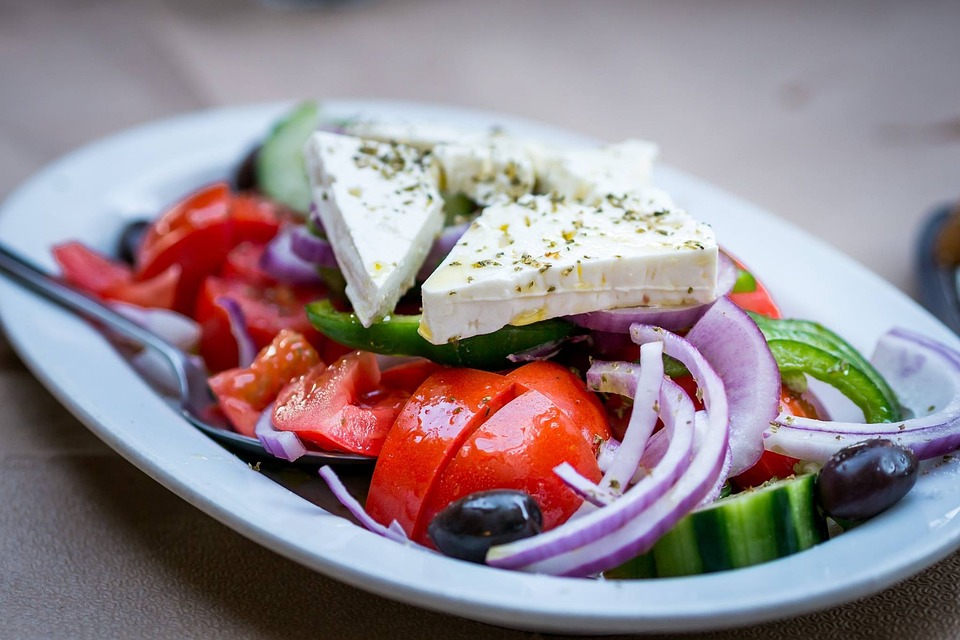Greece, a land steeped in history, boasts a culinary tradition that reflects its vibrant culture and natural bounty. At the core of this gastronomic legacy lies olive oil, a staple that transcends mere cooking fat to embody the essence of Greek cuisine. Revered for its flavor, health benefits, and versatility, olive oil has been a cornerstone of Greek cooking for millennia, often referred to as "liquid gold."
The Historical Significance of Olive Oil
The use of olive oil in Greece dates back to ancient times when it was more than just an ingredient; it represented wealth, status, and even divine favor. The olive tree is sacred to the goddess Athena, and its oil was used in religious ceremonies, athletic competitions, and as a symbol of peace. Today, olive oil continues to play a significant role in Greek culture and daily life.
Types of Olive Oil
The spectrum of olive oils available in Greece ranges widely, each with distinct flavors and uses:
-
Extra Virgin Olive Oil (EVOO): The highest quality oil, extracted from the first pressing of olives without heat or chemical treatment, boasting a rich flavor and numerous health benefits.
-
Virgin Olive Oil: Slightly lower in quality than EVOO, yet still a natural product, it has a less intense flavor and is suitable for everyday cooking.
-
Refined Olive Oil: This is treated to remove defects, resulting in a milder taste. It’s often used for frying or in dishes where the olive flavor isn’t the primary focus.
- Pomace Oil: Made from the remaining pulp after first pressings, it’s commonly used in commercial kitchens due to its low cost and high smoke point.
For the best culinary experience, opting for high-quality extra virgin olive oil is essential. The bright, peppery finish of a well-crafted EVOO can elevate even the simplest of dishes.
Health Benefits
Beyond its delicious taste, olive oil is renowned for its health properties. Regarded as one of the healthiest fats, it is high in monounsaturated fats and antioxidants. Research suggests that the Mediterranean diet, rich in olive oil, can promote heart health, lower the risk of chronic diseases, and support overall well-being.
Cooking Techniques with Olive Oil
Greek cuisine is a beautiful tapestry of flavors, textures, and colors, and olive oil is at the center of it all. Here are some popular cooking techniques and applications:
-
Marinades and Dressings: Olive oil forms the base of many marinades and salad dressings. A simple mixture of EVOO, lemon juice, garlic, and herbs can transform vegetables, meats, and legumes into vibrant dishes.
-
Sautéing and Stir-Frying: Use olive oil for sautéing vegetables, meats, or seafood. Its flavor will infuse the ingredients, creating a harmonious blend of tastes. However, it’s important to avoid cooking at excessively high temperatures to preserve its nutritional integrity.
-
Baking: Olive oil is becoming increasingly popular as a substitute for butter in baking. It adds moisture and depth of flavor to breads, cakes, and pastries.
- Drizzling and Dipping: One of the simplest and most enjoyable ways to experience olive oil is to drizzle it over finished dishes or serve it as a dipping oil alongside fresh bread. Combine it with balsamic vinegar, herbs, or spices for an irresistible starter.
Iconic Greek Dishes Featuring Olive Oil
Several traditional Greek dishes highlight the central role of olive oil:
-
Greek Salad (Horiatiki): Chopped tomatoes, cucumbers, red onion, olives, and feta cheese are brought together with a generous drizzle of olive oil, making for a refreshing and wholesome meal.
-
Moussaka: This classic layered dish of eggplant, minced meat, and béchamel sauce gets its richness and flavor enhanced through the use of olive oil.
-
Spanakopita: Spinach and feta pie, where olive oil is used in both the filling and to brush the flaky phyllo pastry, is a favorite appetizer.
- Ratatouille (Briam): A baked vegetable dish that calls for generous amounts of olive oil, bringing out the natural sweetness of zucchini, eggplant, and tomatoes.
Conclusion
Cooking with olive oil is intrinsic to Greek cooking, a tradition that melds the flavors of the land with centuries of culinary practice. It embodies the spirit of sharing, nurturing, and celebrating life. Whether you are drizzling it over a salad, using it as a base for a hearty casserole, or tasting it on its own, olive oil is indeed the heart and soul of Greek cuisine. Embracing this golden elixir not only enriches your palate but also connects you to a cultural heritage that has thrived for generations. So pour a generous splash of olive oil over your next meal, and savor the taste of Greece!



